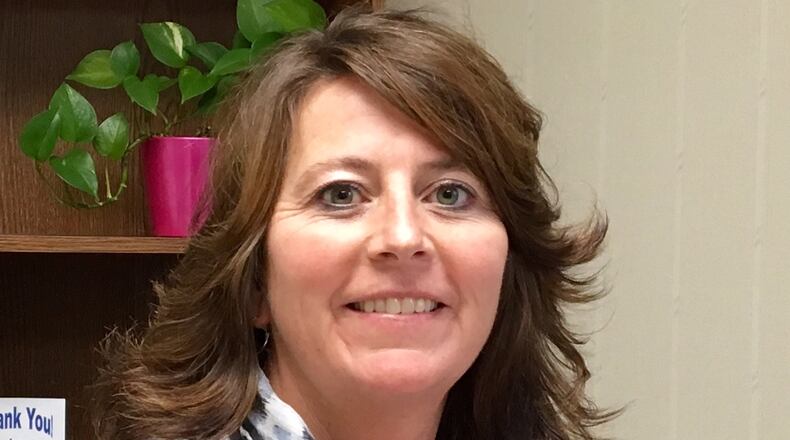Participants will receive nicotine replacement therapies such as nicotine patches, gum and lozenges provided at no cost while supplies last, as well as carbon monoxide testing. A free $10 gas card will also be offered to participants for each session while supplies last.
Participants will develop a personalized quit plan that addresses triggers and how to remove temptations, overcome barriers, change negative habits and develop new skills; discuss addiction, brain chemistry, tobacco toxins, consequences of tobacco use and how to prevent relapse; explore the signs of recovery and healing, the physical benefits of quitting smoking, weight management, healthy eating, exercise, if a cardiopulmonary wellness and rehabilitation program can help improve participants’ quality of life, and assistance with smokeless tobacco and vaping.
The Springfield classes are from 10 to 11:30 a.m. on Thursdays in the offices of Mercy Health REACH Services-Springfield, 30 W. McCreight Ave., on April 7, 14, 21, 28, May 5 and 12.
The Urbana classes will take place from 3 to 4 p.m. on Tuesdays in the offices of Mercy Health REACH Services–Urbana, second-floor conference room at 904 Scioto St., on April 5, 12, 19, 26, May 3 and 10.
The classes include:
Session 1 is an introduction to the program and participants. The group will discuss the reality of smoking, obstacles to quitting, medication, and the value of journaling.
Session 2 includes a discussion about addiction, brain chemistry, the consequences of tobacco use, toxins, triggers, coping skills and participants’ personal plan to quit.
Session 3 includes a discussion on how to identify and deal with triggers, remove temptations, change negative habits, develop new skills, and manage anxiety.
Session 4 marks participants’ quit date and includes discussion around the signs and symptoms of recovery and healing, the physical benefits of quitting over time and putting together a quit kit.
Session 5 includes discussion on nutrition, healthy eating, exercise, relapse prevention and participants’ first tobacco-free week.
Session 6 concludes the program and includes conversations on how to stay quit and maintain your gains. Participants will also discuss the tobacco industry and receive their completion certificates.
The instructor also suggests for each attendee to sign up for the Ohio Quit Line at 800-QUIT-NOW (800-784-8669) for additional support while quitting, and Mercy Health can also help with scheduling lung cancer screenings for eligible participants.
To register or for more information, contact Marcy Ivory at REACH at 937-390-5333.
About the Author

